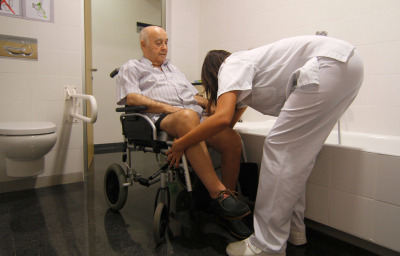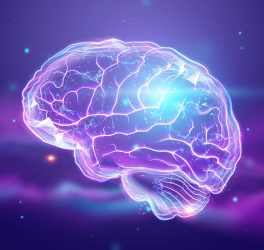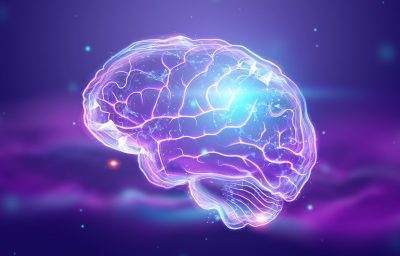
A world-first study has found that severely overweight people are less likely to be able to re-wire their brains and find new neural pathways, a discovery that has significant implications for people recovering from a stroke or brain injury.
In a new paper published in Brain Sciences, researchers from UniSA and Deakin University show that brain plasticity is impaired in obese people, making it less likely that they can learn new tasks or remember things.
Using a series of experiments involving transcranial magnetic stimulation, the researchers tested 15 obese people aged between 18 and 60, comparing them with 15 people in a healthy-weight control group.
Repeated pulses of electrical stimulation were applied to the brain to see how strongly it responded. The healthy-weight control group recorded significant neural activity in response to the stimulation, suggesting a normal brain plasticity response. In contrast, the response in the obese group was minimal, suggesting its capacity to change was impaired.
UniSA researcher Dr Brenton Hordacre says the findings provide the first physiological evidence of a link between obesity and reduced brain plasticity.
Obesity is based on body mass index (BMI) which calculates the ratio between height and weight to determine body fat. An adult who has a BMI between 25 and 29.9 is considered overweight. Anything above that is obese.
“Obesity is already associated with a raft of adverse health effects, including a higher risk of cardiovascular disease, metabolic disorders and dementia,” Dr Hordacre says.
“For the first time, we found that obesity was associated with impaired brain function, adding further support for the need to address the obesity epidemic.
“A growing number of people are obese – 650 million according to the World Health Organization – which not only has health consequences but is a serious financial burden for global health systems,” he says.
“These new findings suggest that losing weight is particularly important for healthy brain ageing or for recovery in people who suffer strokes or brain injuries, where learning is fundamental for recovery.”
Stroke is the third most common cause of death in Australia and the leading cause of disability, affecting speech, cognition and memory.
The ability of the brain to find new pathways is crucial to recovery, Dr Hordacre says. Worldwide, 15 million people suffer strokes each year, a third of whom die.








